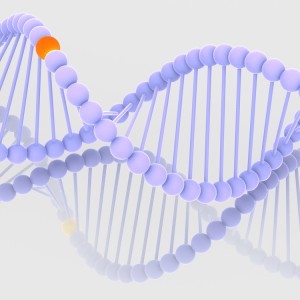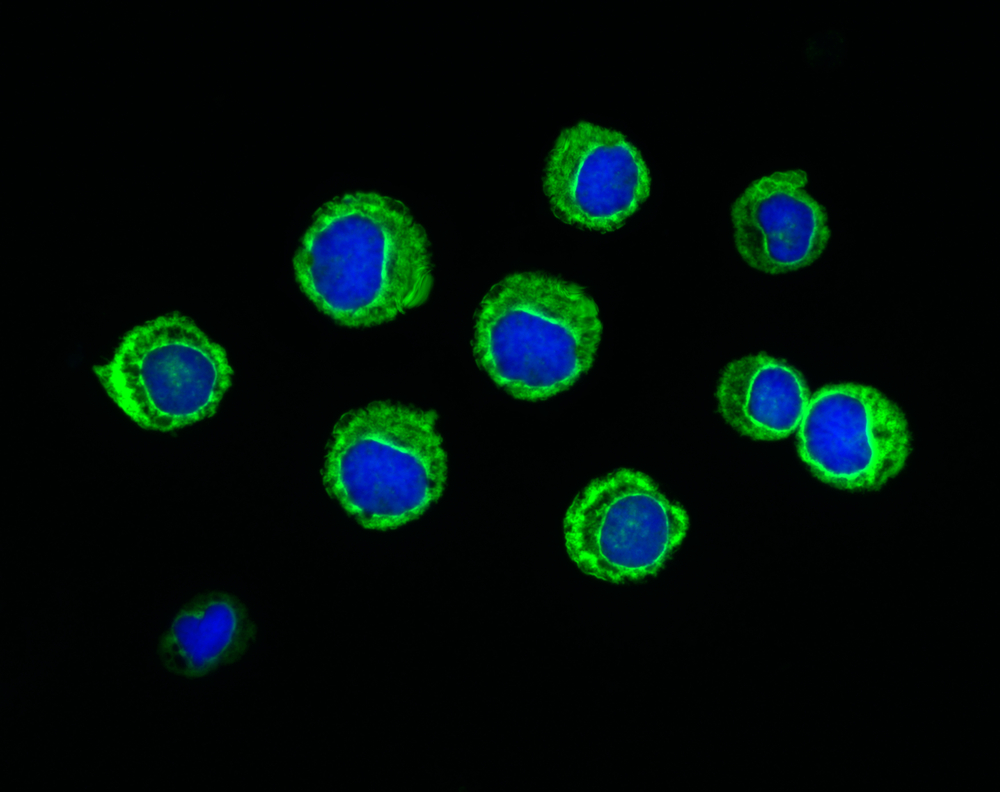 Researchers from the Wellcome Trust Sanger Institute have identified a new gene linked to triple negative breast cancer (TNBC), which has one of the poorest prognoses and describes 20% of all breast cancers. Finding an association between BCL11A and TNBC is important, as according to study author Dr. Carlos Caldas, “Finding a novel gene that is active in cancer should also help in the search for new treatments.”
Researchers from the Wellcome Trust Sanger Institute have identified a new gene linked to triple negative breast cancer (TNBC), which has one of the poorest prognoses and describes 20% of all breast cancers. Finding an association between BCL11A and TNBC is important, as according to study author Dr. Carlos Caldas, “Finding a novel gene that is active in cancer should also help in the search for new treatments.”
Writing in the journal Nature Communications, Dr. Caldas was joined by lead author Dr. Walid Khaled and senior author Dr. Pentao Liu, as well as fellow collaborators at Wellcome Trust Sanger Institute and University of Cambridge. Their article, “BCL11A is a Triple-Negative Breast Cancer Gene with Critical Functions in Stem and Progenitor Cells,” described experiments conducted with humans and mice to discover the presence of overactive BCL11A in up to 38% of basal-like breast cancer (BLBC) tumors. “BCL11A activity stood out because it is so active in triple-negative cancers,” stated Dr. Liu in a news release.
Only a few genetic mutations are associated with TNBC, leading researchers to look for more. “Our understanding of genes that drive stem cell development led us to search for consequences when these genes go wrong,” said Dr. Liu. The team looked for genetic aberrations in nearly 3,000 patients to identify mutations in stem cells that may drive cancer development.
High BCL11A activity happened to be common to 80% of patients with BLBC. “It had all the hallmarks of a novel breast cancer gene,” said Dr. Liu. BCL11A was also associated with advanced tumor grade and poor survival. Continued Dr. Khaled, “Our gene studies in human cells clearly marked BCL11A as a novel driver for TNBC.”
[adrotate group=”3″]
Continuing with these findings, the team “also showed that adding an active human BCL11A gene to human or mouse breast cells in the lab drove them to behave as cancer cells,” according to Dr. Khaled. “As important, when we reduced the activity in BCL11A in three samples of human TNBC cells, they lost some characteristics of cancer cells and became less tumorigenic when tested in mice.” None of the mice with inactivated BCL11A developed tumors when cancer cells were implanted in their mammary glands.
Among TNBC types, BLBC is the most prevalent. None of the three receptor proteins that respond to hormonal treatment is present in BLBC tumors, making treatment especially difficult. New treatments, such as sacituzumab govitecan from Immunomedics, Inc., are being developed to treat these TNBC tumors, and this current study may help discover additional treatment options that target BCL11A. “By increasing BCL11A activity we increase cancer-like behavior; by reducing it, we reduce cancer-like behavior,” indicated Dr. Khaled.

